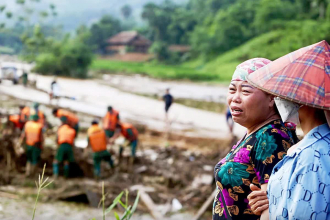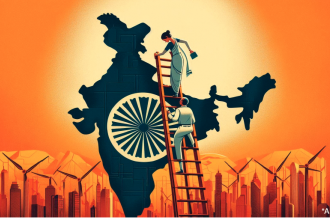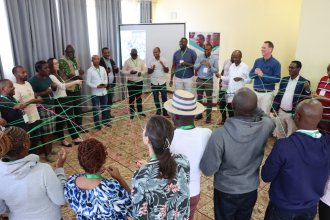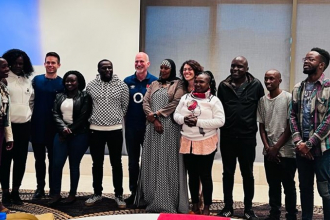From basic needs to basic waste: Unpacking plastic mismanagement
In late 2025, major global food and consumer goods producers—including PepsiCo, Nestlé, Coca-Cola, Procter & Gamble, and Unilever —met in Europe to discuss the future of packaging[1]. The summit focused on new ideas to make packaging more sustainable and reduce waste. However, one important issue remains unclear: did the event incorporate the voices and concerns of countries in the Global South?









